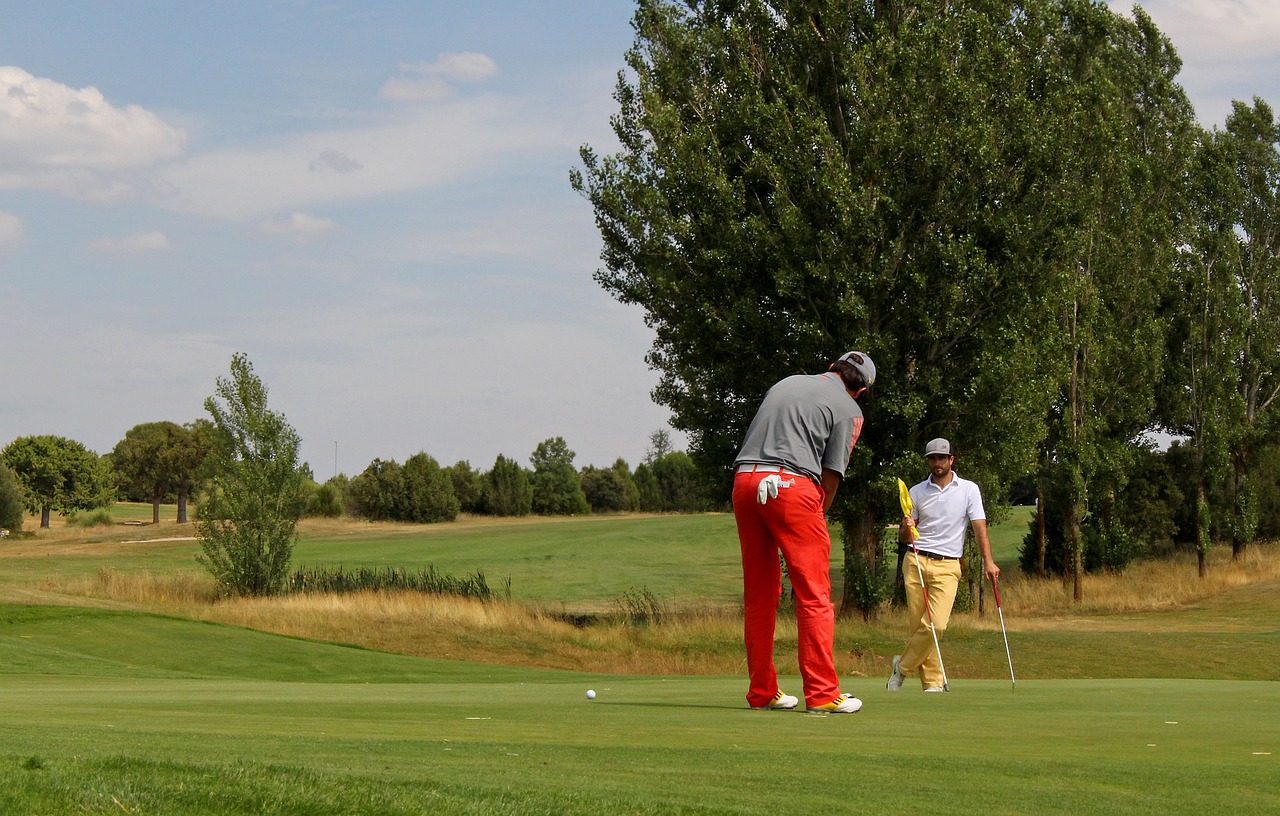What is a Torn Rotator Cuff?
A torn rotator cuff is an injury to the muscles and tendons that make up the shoulder joint. The rotator cuff helps stabilize the shoulder, allowing it to move freely in all directions while providing support. When this tissue becomes damaged or torn, it can lead to pain and limited range of motion in the affected arm. Depending on how severe the tear is, treatment may include rest, physical therapy, injections or even surgery.
Can You Play Golf with a Torn Rotator Cuff?
The short answer is yes – you can play golf with a torn rotator cuff if your doctor has given you clearance for activity and you are feeling comfortable enough to do so. However, before heading out onto the course it’s important to understand some key points: firstly, playing golf might exacerbate your injury depending on its severity; secondly, there are certain precautions you should take when playing which will help protect your injured shoulder from further damage; finally ensure that any changes made during play are done gradually over time as opposed to making too drastic of changes right off the bat that could cause more harm than good.
Precautions When Playing Golf With A Torn Rotator Cuff
When playing golf with a torn rotator cuff, there are some important tips that one should follow in order to minimize the risk of further injury. Firstly, use lighter clubs and shorter swings, which will help reduce the strain placed on your shoulder joint. Secondly, warm up thoroughly prior to beginning play by doing gentle stretches for 15-20 minutes, focusing particularly on those muscles around your shoulder area. Thirdly, switch between different grips occasionally throughout gameplay – alternating between the traditional grip and interlocking grip. This will keep tension spread evenly across both arms, helping to prevent any imbalance. Finally, stay away from courses containing hazards such as water features or sand traps, as taking shots that require long swings may prove too strenuous for someone suffering from a torn rotator cuff.
Conclusion
Playing golf with a tear in one’s rotator cuff can be done safely under certain circumstances, but it is important not only to get medical clearance prior but also to take proper precautionary measures while out on the course, such as using lighter clubs, shorter swings, and varying grips, etc. Doing so will help alleviate stress placed upon the injured arm and allow the player to continue enjoying their favorite sport without putting themselves at risk of further damaging their injury!

